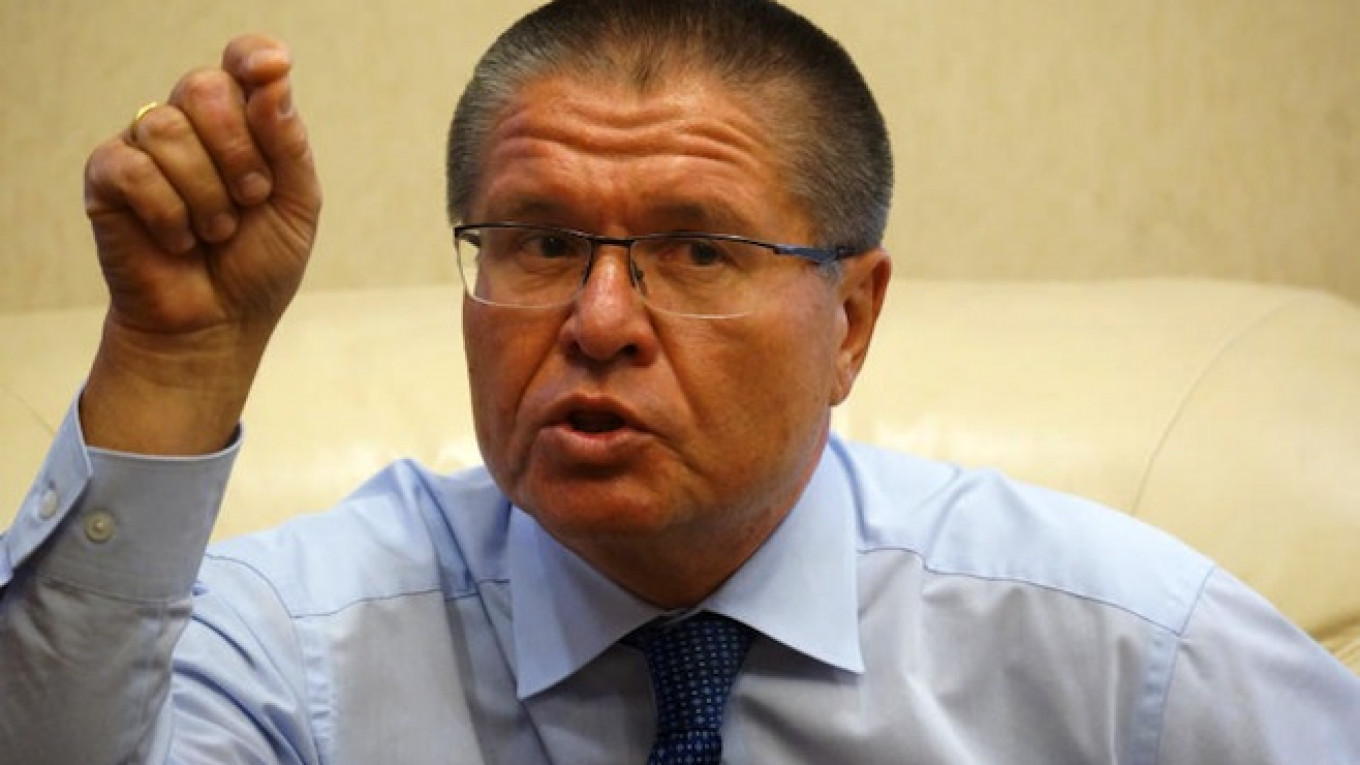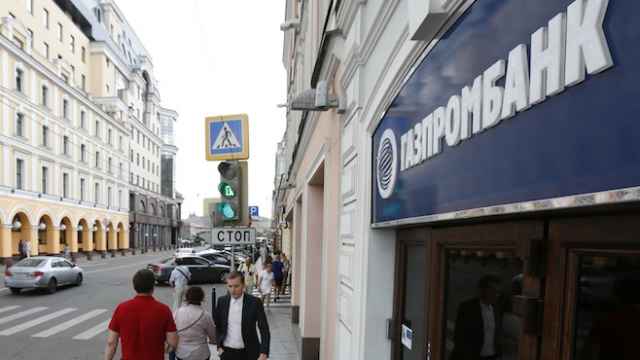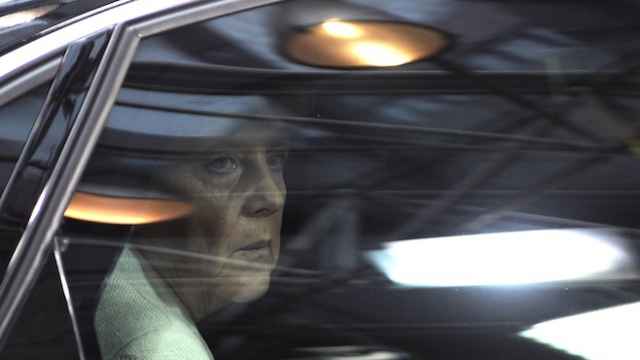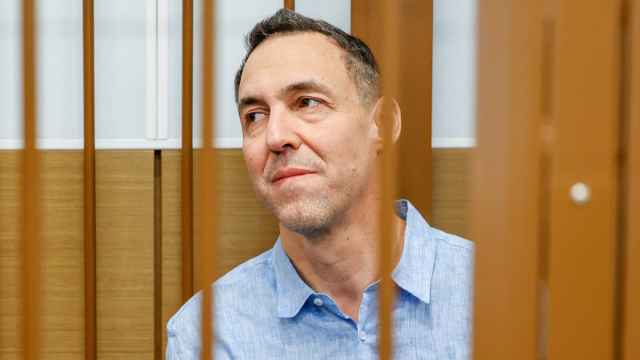Russia's Economic Development Minister Alexei Ulyukayev attacked a Finance Ministry proposal on Wednesday to reintroduce short-term bonds notoriously used during the 1990s to cover the budget deficit.
Ulyukayev's criticism exposes rifts within the Russian government over how to respond to the country's stagnating economy and financial problems exacerbated by Western sanctions against Moscow for its support of pro-Russian separatists in Ukraine.
"It's completely inappropriate," Ulyukayev told reporters when asked about the possibility of Russia again issuing short-term bonds, according to the Interfax news agency. "There is no demand for these innovations and I don't understand why we are making the business community nervous."
Russia defaulted on its short term bonds, also known as GKOs, in 1998 after using them throughout the 1990s to raise funds in an approach that experts compared to a state pyramid scheme.
Deputy Finance Minister Tatyana Nesterenko said Monday that GKOs could be issued next year to address short-term liquidity problems, rather than raise funds in order to reduce the budget deficit.
The move was supported by the Central Bank in a statement on Tuesday that said the new bonds could help manage the state finances more effectively, the TASS news agency reported.
Finance Minister Anton Siluanov told lawmakers in Russia's upper house of parliament on Wednesday that the only difference between the medium- and long-term treasury bonds, known as OFZs, currently issued by Russia, and the new GKOs would be the their maturity, Interfax reported.
There will be sufficient market demand for the new GKOs, Siluanov said.
A Message from The Moscow Times:
Dear readers,
We are facing unprecedented challenges. Russia's Prosecutor General's Office has designated The Moscow Times as an "undesirable" organization, criminalizing our work and putting our staff at risk of prosecution. This follows our earlier unjust labeling as a "foreign agent."
These actions are direct attempts to silence independent journalism in Russia. The authorities claim our work "discredits the decisions of the Russian leadership." We see things differently: we strive to provide accurate, unbiased reporting on Russia.
We, the journalists of The Moscow Times, refuse to be silenced. But to continue our work, we need your help.
Your support, no matter how small, makes a world of difference. If you can, please support us monthly starting from just $2. It's quick to set up, and every contribution makes a significant impact.
By supporting The Moscow Times, you're defending open, independent journalism in the face of repression. Thank you for standing with us.
Remind me later.






